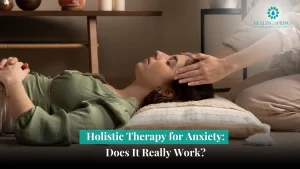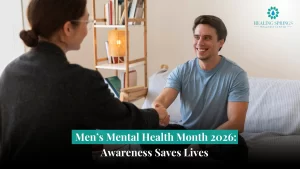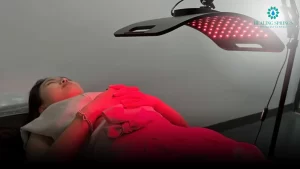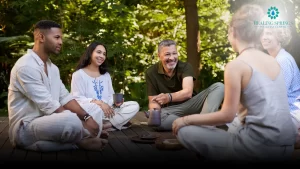Navigating the complex landscape of human relationships is a journey filled with joy, connection, and, at times, challenges. Unfortunately, many of us have experienced wounds in our relationships that linger, impacting our emotional well-being and the way we engage with others. In this blog post, we’ll explore the nature of relationship wounds and offer insights into the transformative journey of emotional recovery.
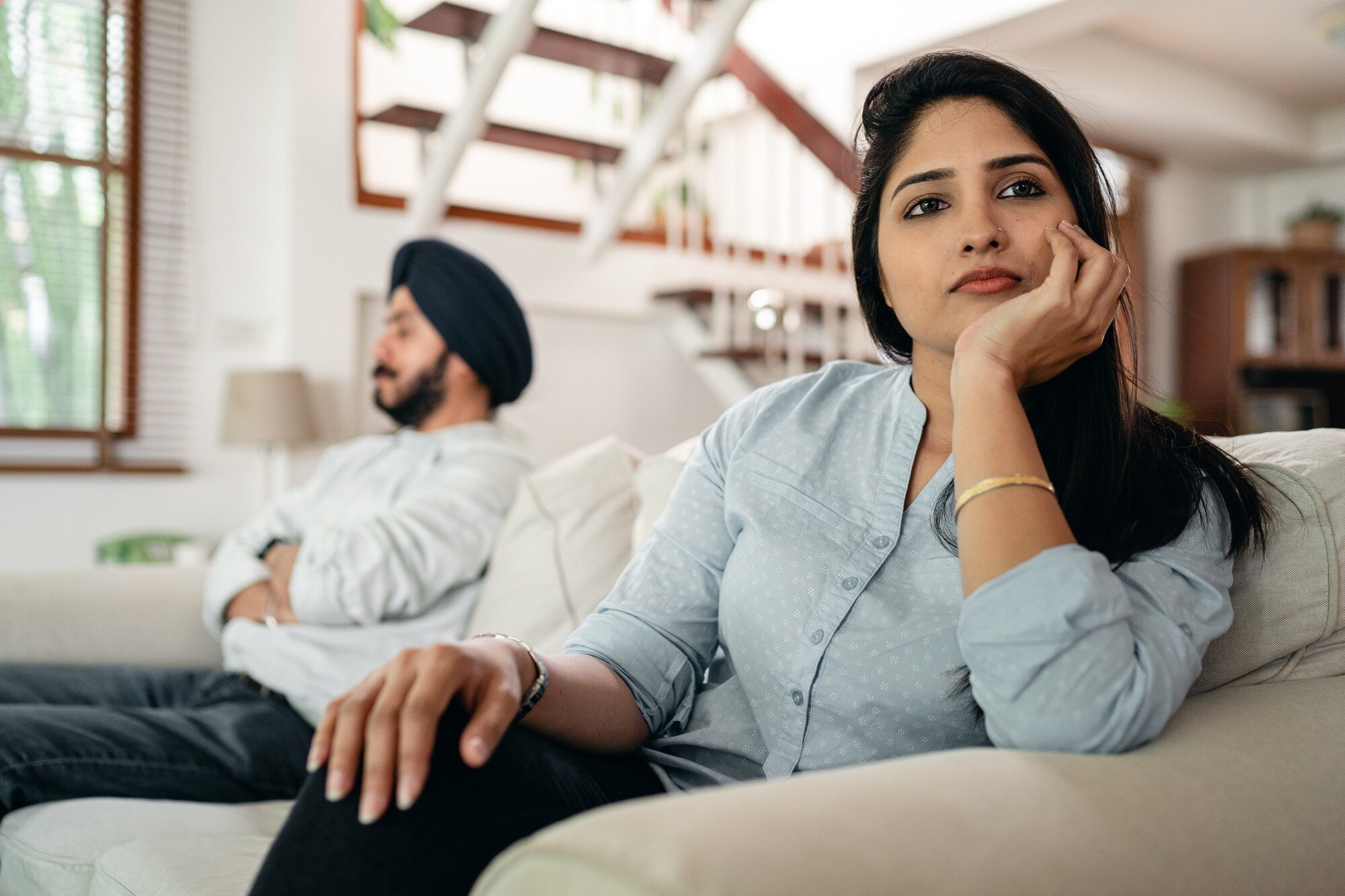
Understanding Relationship Wounds
Relationship wounds can manifest in various forms, from the scars of past betrayals to the echoes of unmet needs. These wounds often shape our beliefs about ourselves, others, and the nature of relationships. Whether stemming from romantic partnerships, familial bonds, or friendships, these emotional injuries can create barriers to intimacy and hinder personal growth.
Recognizing Relationship Trauma
Relationship trauma can leave lasting imprints on our emotional landscape, affecting our ability to trust, connect, and form healthy attachments. Recognizing the signs of relationship trauma is crucial for acknowledging and addressing these wounds. Some common signs may include:
- Fear of Abandonment: A deep-seated fear of being abandoned or rejected, leading to clinginess or an inability to establish healthy boundaries.
- Difficulty Trusting Others: A pervasive sense that others cannot be trusted, making it challenging to form and maintain meaningful connections.
- Avoidance of Intimacy: A tendency to avoid closeness and intimacy to protect oneself from potential emotional pain.
- Repeated Patterns in Relationships: Finding oneself in similar toxic or unhealthy relationship dynamics repeatedly, despite efforts to break free from these patterns.
- Low Self-Esteem: Believing that one is unworthy of love or experiencing a persistent sense of inadequacy due to past relationship experiences.
The Healing Process
Acknowledging and understanding our relationship wounds is the first step on the path to healing. It requires self-reflection, compassion, and a willingness to confront the pain that may have been buried deep within. Emotional recovery involves embracing vulnerability, fostering self-love, and learning healthier ways of relating to others.
Communication is a crucial component of the healing process. Opening up to trusted individuals, whether friends, family, or a professional, provides a safe space to share our experiences and gain valuable insights. Seeking therapy or counseling can offer guidance on navigating complex emotions and developing coping mechanisms to foster emotional resilience.
The Power of Community Support
To support you on your journey of emotional recovery, we invite you to join us for a transformative workshop: “Healing From Relationship Wounds.” This workshop is designed to provide a nurturing and empowering space for individuals seeking healing and growth. Led by an experienced therapist, the workshop will explore strategies for healing, rebuilding trust, and fostering healthier connections.
Participants will engage in interactive exercises, group discussions, and guided reflections to deepen their understanding of relationship wounds and cultivate resilience. The workshop aims to empower individuals to break free from the patterns that may be holding them back, fostering a renewed sense of self and the ability to create fulfilling, authentic connections.
Relationship wounds can be profound, but they do not define our capacity for love, connection, and growth. Navigating the path to emotional recovery requires courage and self-compassion. Your journey to emotional recovery starts here.
